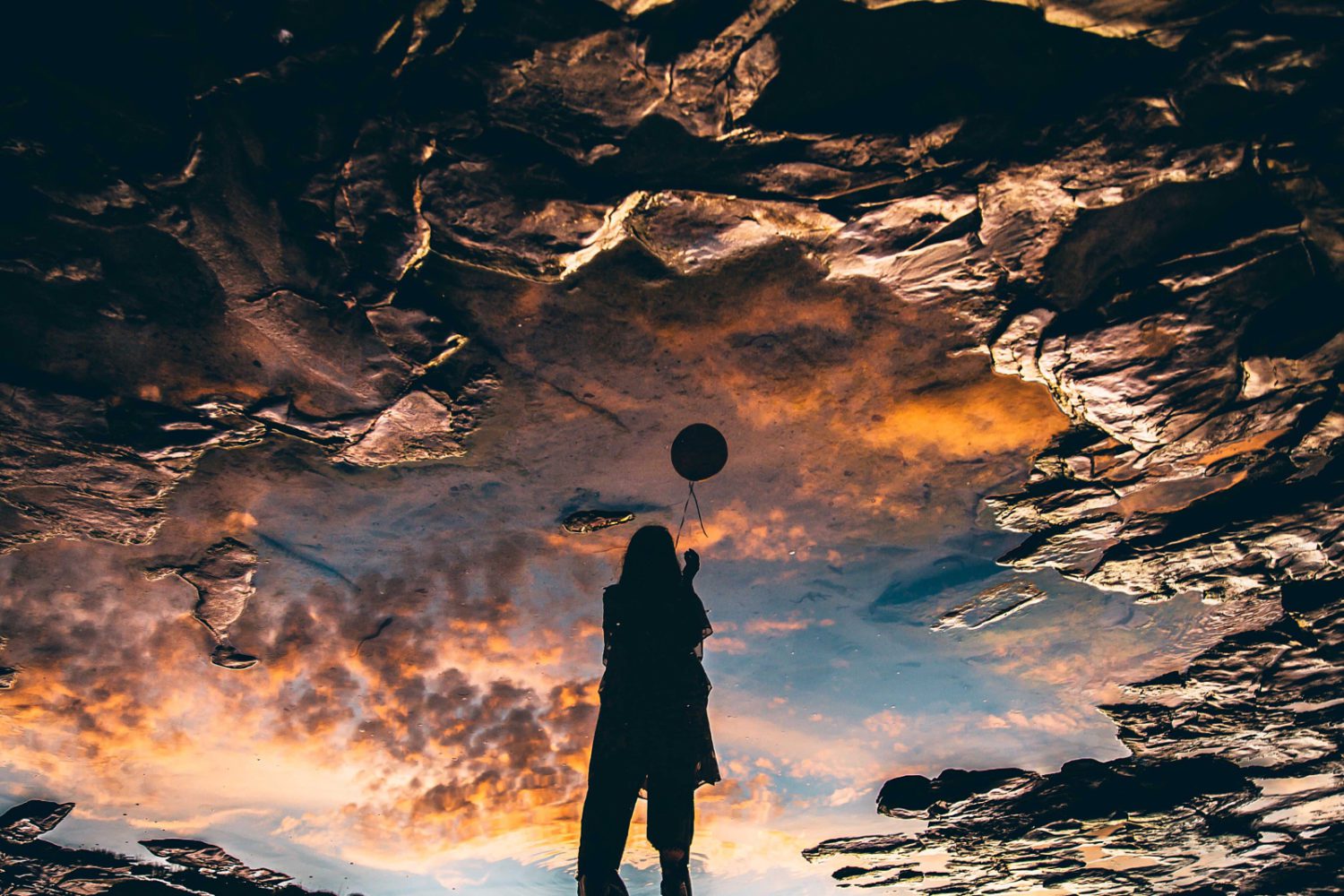Ever gazed up at the luminous Harvest Moon bathing the night in an ethereal glow and felt an inexplicable pull? Or have you found yourself tossing and turning in your bed inexplicably on such nights? If you nodded in agreement to either of these questions, stick around. Today, we delve into a galactic quandary: “How can the Super Harvest Moon affect your sleep?”
Astrological Intricacies: Unearthing the Connection
Before we launch into the lunar effects on our sleep patterns, allow me to unravel the tapestry of the celestial spectacle that we call the Super Harvest Moon. This spectacle occurs when a full Harvest Moon – which is the full moon closest to the autumnal equinox – is also at, or near, its closest point to the Earth in its orbit, a phenomenon known as perigee.
Does the Moon Truly Affect Our Slumber?
Several studies have explored this lunar-sleep phenomenon, each revealing a fascinating nugget of information. Shall we delve in?
1. Comparing Sleep Cycles
- A Swiss study found that people took 5 minutes longer to fall asleep and slept 20 minutes less overall during the full moon compared to the new moon phase.
- Researchers in Argentina documented that city dwellers’ sleep quality diminished during the gibbous phase of the moon, just prior to the full moon.
2. Sleep Quality Declines
A study from the University of Gothenburg discovered that not only did sleep quantity decrease around full moons, but the quality of sleep took a nosedive too.
3. Affects on Deep Sleep
Scientific research from Basel, Switzerland, shows that even in a controlled environment, melatonin levels dip during a full moon, and people experience a 30% reduction in deep sleep.
Why Does this Happen? Posing Plausible Explanations
The irresistible mystery persists – why does the Super Harvest Moon, or any full moon for that matter, affect our sleep? Worry not, the astronomers, sleep scientists, and philosophers haven’t abandoned us without some plausible explanations. Here are the most common theories:
- Light Pollution: The most accepted theory circles back to our ancestors who, without the boon (or perhaps curse) of modern artificial lighting, would be more awake and alert under the brighter sky of a full moon.
- Magnetic Field: Some argue that the moon’s magnetic field can affect our biological processes, including sleep. However, this theory remains an area of extensive debate.
- Evolutionary biology: A less-known theory purports that our primordial ancestors might have evolved to be more alert during periods of a full moon due to increased predator activities.
Whatever the reason may be, the Super Harvest Moon does appear to weave a web of sleeplessness around us. It looks like our friendly, radiant neighbor in the sky may indeed have a dark side. So the next time you’re having an inexplicably restless night, it might not be your workload or caffeine intake to blame – look up at the sky, maybe it’s just the moon messing with your sleep.
FAQs Surrounding the Super Harvest Moon
Is there something unique about the Super Harvest Moon’s effect on sleep?
None of the studies specifies the Harvest Moon over any other full moon. However, the ‘super’ in Super Harvest Moon might make its effects more potent due to its closer proximity to Earth.
How can we counter the effects of the Super Harvest Moon on our sleep?
You could consider light-blocking shades or sleeping masks. Additionally, adhering to good sleep hygiene practices and maintaining a regular sleep schedule can help counter minor disruptions.
Did the Super Harvest Moon Steal Your Slumber?
We have ventured fare and wide across the moonlit landscapes of lunar effects on our sleep. Our journey illuminated a fascinating, yet shadowy truth – the Super Harvest Moon can indeed affect our sleep. So, here’s a question to ponder upon – did the Super Harvest Moon steal your slumber?

